When I ask myself, "Am I happy?" it's not related to my particular mood or situation. It's an over-arching question about contentment, ease, and well-being. Happy moods pass, just as fearful moods pass. My brain—the human brain—is not structured to be continuously happy. And that's a freeing realization. I can stop chasing happiness. Society might tell me, "put on a happy face!" but I don't have to.
There are different ways to work with the mind: let be, let go, or let in. I "let be" when I meditate--I don't change my experience; I watch it, as is. I "let go" when I allow for difficult emotions--when I form a new relationship with these feelings, I drop old story lines. I "let in" when I embody kindness, gratitude, and wonder. All these practices are essential to my well-being. And they're interrelated: if I can't open my heart to sadness, then I can't open my heart to love.
But my route to happiness is not the only path. And, interestingly, when I judge others--question their choices or actions—I decrease my own happiness. Rather than judge, it's best for me to "let be." Live my intentional life and let others do the same, even when their choices are far different from mine.
I've noticed happiness paradoxes: Initially a practice might be difficult, yet it brings immense well-being in the long term. A person might be miserable yet wear a smile. Another might be content yet show no facial expression. A certain experience might be life-changing for one person yet lifeless for another. There's no one path to happiness. But there's good news: we can change our brains; we can experience more well-being and ease.
(If you need a starting place, visit Greater Good: The Science of a Meaningful Life.)
